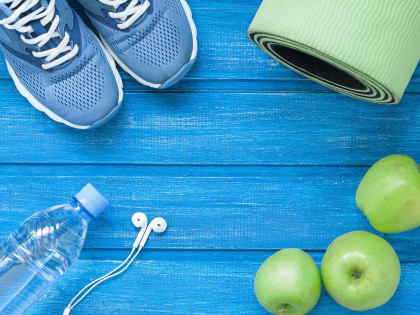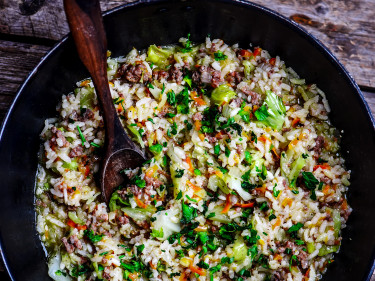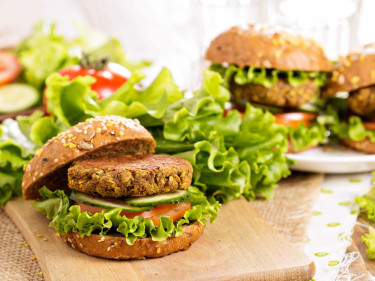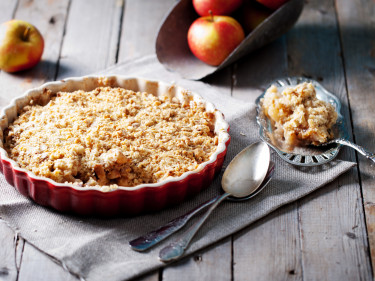With so many soft drinks offering zero sugar, diet, and naturally sweetened options it can be hard to know which option is best.
What’s the difference?
There is a slight difference in ingredients between diet, zero sugar and naturally sweetened fizzy drinks. Diet fizzy drinks typically use citric acid, whereas zero sugar adds sodium citrate - this mostly affects the overall flavour of the drinks. They are also flavoured with artificial sweeteners, meaning our body can't metabolise the sugar and use it as energy. Naturally sweetened fizzy drinks are flavoured using natural products such as stevia or fruit juice.
Diet varieties of fizzy drinks offer a low-kilojoule (energy) variety of regular fizzy drinks. For example, a 600mL bottle of regular coke contains 1080kJ and 60g of sugar, whereas diet or zero sugar coke has 12kJ and 0g sugar.
Because the diet varieties have much lower kilojoule value, they can be a good alternative for people wanting to reduce their energy intake and lose weight. However, they provide no real nutritional value.
The bottom line
Changing to diet drinks (and drinking these in moderation) is a great way to start when wanting to lose weight but ultimately the long-term goal would be drinking regular tap water.













